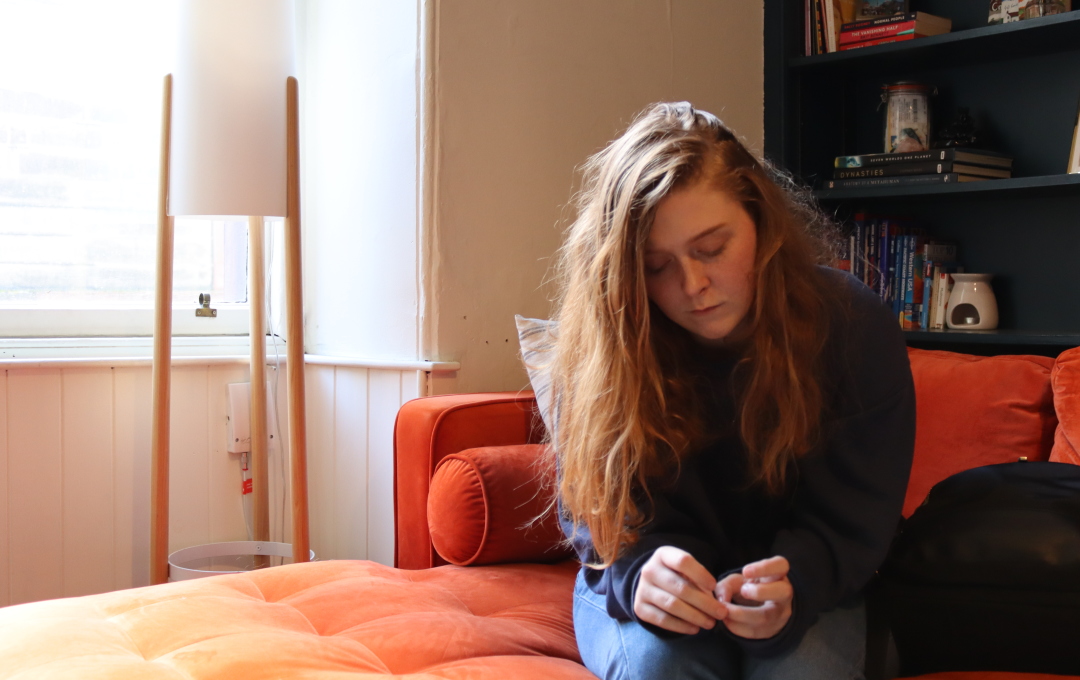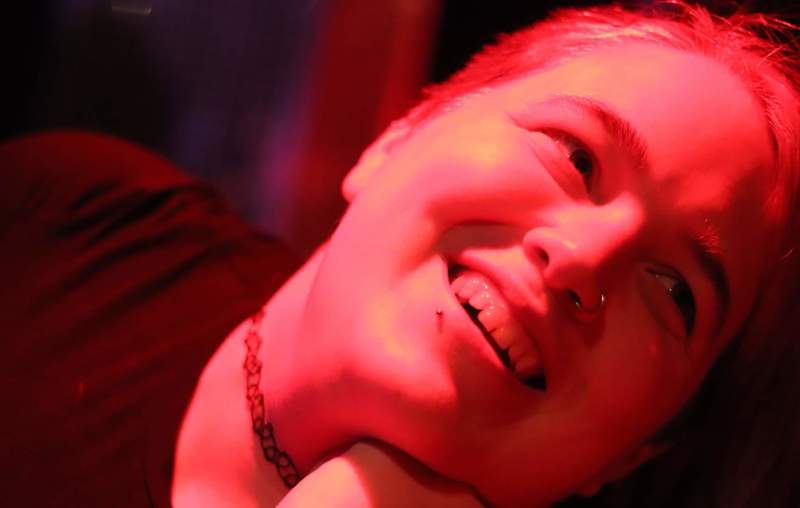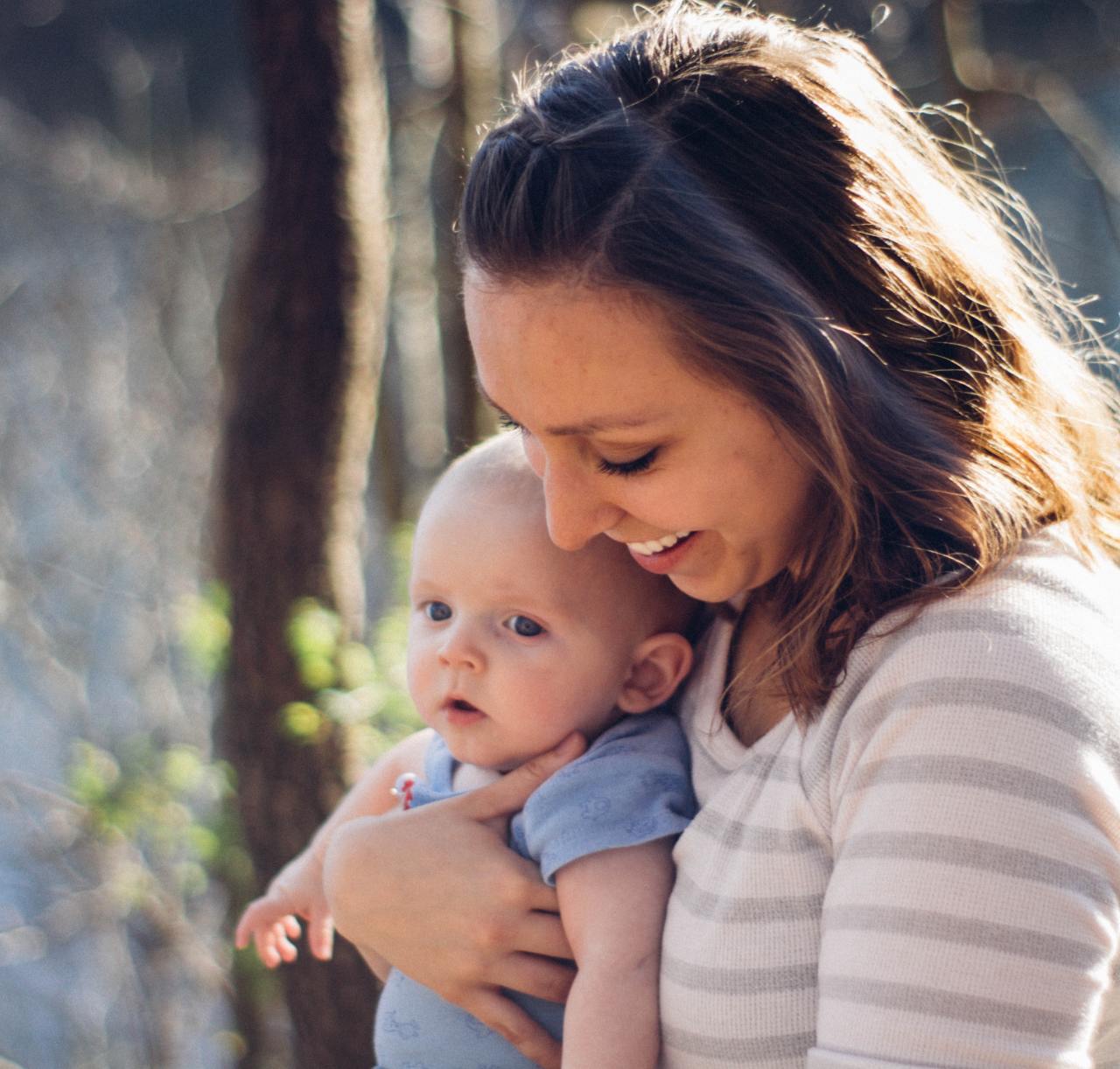The Hidden Homelessness of Women

Very often when we think of homelessness, the face we put to it is male. There’s a reason for that – men are more likely to sleep rough, and to do it for longer; men are also more likely to make use of hostels and night shelters. It isn't that women don’t experience homelessness, but it often looks different, and flies under the radar of many support services.
The breadth and severity of sexual and physical violence against women has a huge impact – last year, more than a fifth of all women presenting as homeless in Scotland had left their homes because of domestic violence, compared to just 5% of men.
A 2021 report showed that 1 in 5 women who go through domestic abuse experience homelessness at some point, compared to less than 1% of the general population. Far too often, people are forced to choose between staying in a house that’s no longer safe and taking their chances with the uncertainty of homelessness.
It’s difficult to unpick the depth of the impacts of abuse and gendered violence because, like a lot of traumas, the cases we hear about are just the tip of the iceberg. Surviving abuse is often extremely stigmatised, and many people don’t have the words or the space to describe what they’ve been through. As women, we’re often encouraged to keep these things to ourselves, and to keep quiet for our own safety.
What we do know is that women (and other marginalised groups) are less likely to go to shelters or sleep rough, and more likely to rely on support networks for as long as they can, sofa surfing, staying with family or friends, or renting hotels and hostels. It's almost impossible to judge the extent of this kind of “hidden homelessness,” and it’s often shrugged off. But to be constantly shuttling from place to place, living out of a backpack or a suitcase, and reliant on the goodwill of those around you – it's not just deeply unstable, but it puts homeless women in a lot of very vulnerable situations, where their continued shelter is dependant on doing whatever they need to in order to keep their hosts on side.
The instability and reliance on others is particularly difficult given that the vast majority of women experiencing homelessness have experienced abuse, both before and after leaving their homes. This isn’t unique to women – the vast majority of those experiencing homelessness are dealing with the lasting impacts of trauma – but with the staggering frequency of abuse against women, mental health issues are a huge factor.
Complex needs like mental health struggles, drug and alcohol dependencies, and difficulty caring for yourself, often make it really hard to get and keep work, housing and support. What might begin with living through abuse can often snowball, as trauma begets trauma and people are pushed into increasingly unsafe and unstable situations and told, again and again, that they’re unworthy or incapable.

Read Ruth's first hand experience of hidden homelessness
In a society where people are stigmatised for the symptoms of trauma, like addiction, mental health issues and self-destructive behaviour, instead of given space and grace to get back to feeling safe and in control, women and other people at disproportionate risk of abuse will keep falling through the cracks.
But it doesn’t have to be like this. We may never know how many women face homelessness, but we can tackle it nonetheless. Through trauma-informed support, through building safer spaces for women to speak about their experiences, and most of all through giving those experiencing homelessness the power to set their own pace to recovery and hold their own boundaries, we can begin to break down the barriers women face to reaching out.
When over 80% of those experiencing homelessness are estimated to have experienced domestic or sexual violence, and with violence against women in particular endemic across Scotland, we need to change the story. Abuse and misogyny rob women of agency and control over their own lives – it's up to support services to make sure we’re helping people take back control.
That’s why at Cyrenians we focus on providing lasting, unconditional support that lets people set their own course. For example, our new WiSH service works with women in homelessness with experience of domestic abuse, whether they're escaping right now or dealing with the long-term impacts of trauma. Our trauma-informed approach and our experience with the realities of homelessness mean we're aware of the extra challenges that come from the trauma of abuse, and we're here to put in the time, care and flexibility to help people get support in a form that works for them, short and long term.
There’s always further to go, but it’s incredible the difference it makes to someone’s wellbeing when they’re approached as a person, not a set of problems, and when they have the room to heal in safety.
This blog was co-written by Hannah Edwards, Cyrenians Community Link Worker (based in Edinburgh Access Practice) and Birgit ThaysenGoodman, Cyrenians Community Connections Manager.
Cyrenians partnership with Women's in Safe Homes
Read more about our partnership with Women in Safe Homes fund.
As the fund’s first Scottish partner, Cyrenians will be providing desperately-needed safe homes for women experiencing domestic abuse and homelessness.
